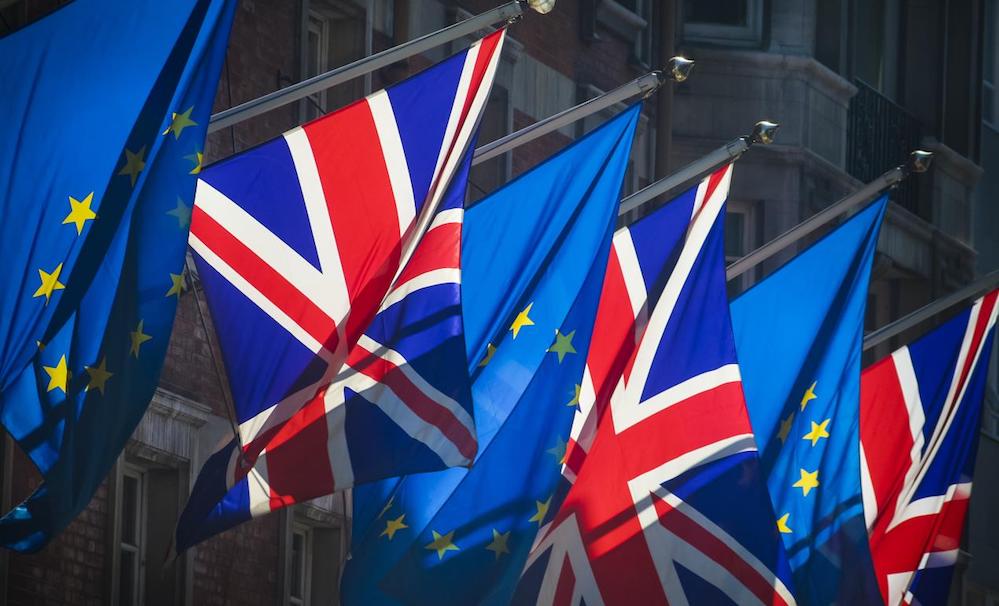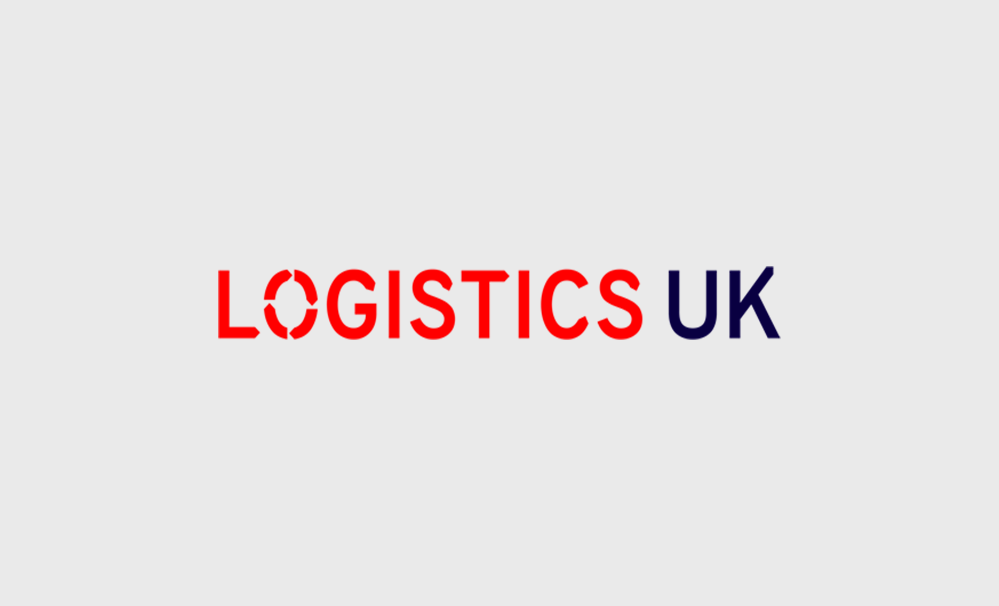Brexit is coming – and it will, for sure, have an impact on international road transport to and from the UK. Although consequences cannot completely be foreseen yet, the digitalisation of freight documents might play a crucial role in it.
Brexit currently is a source of insecurity in almost every sector, as nobody can completely foresee the potential long-term consequences yet. This is certainly also true for exporting companies based in the EU, doing business with companies based in the UK and vice-versa. With the UK not formally being part of the trade union of the EU anymore as of January 31, 2020, authorities and customs have a transition phase of one year to discuss and establish processes for the import and export of goods. Although a certain insecurity will remain until the end of the transition phase, with the UK having ratified the eCMR protocol in December and the EU working on establishing an entirely digital customs system, it is likely that the future of paperwork for transports to and from the UK is digital, too. Customs expert Ridvan Taci from the Dutch association Beurtvaartadres is convinced that the eCMR will play an important role in finding solutions for all custom related matters of Brexit and advises companies to start looking into digital solutions now: “Currently, there is still enough time to look into the possibilities and integrate a solution, such as the TransFollow eCMR. Once the rules of the Brexit have been determined and digitalisation starts to roll, it will be way more difficult to suddenly catch up on competitors who have started the process earlier.”
Brexit as Deadline for Digitalisation
After Boris Johnson having won the election, Brexit will no longer be pushed back, but is really going to happen by January 31, 2020. However, with the transition phase of one year, companies are still holding back on taking steps, waiting for what is going to happen. “The customs of the EU are ready to establish new processes. They have been working on international road transports with non-EU countries for years, basically it is just the boarder being redefined. For the customs in the UK, it is an entirely new situation. While companies receive a confirmation of exit when goods are transported from the EU to a non-member state, the UK customs can currently not process it and therefore might not hand out confirmations of import when goods are being delivered in the UK. EU-based companies, however, need the confirmation of import as administrative proof of the transaction for EU-authorities. In this case, the TransFollow eCMR could work as an alternative of the confirmation of import handed out by UK-authorities, as it holds the exact time and GPS-data of the moment of signature and offers real-time insights during every step of the supply chain. This could, theoretically, be shared with authorities as independent proof of export”, explains Ridvan Taci. But although the consequences of the Brexit are not entirely clear yet, he advises companies to digitise now: “Almost all export-related processes have been digitised so far, the CMR being the last part of the chain. It is likely that it will happen sooner or later, and therefore it is a good idea to stay ahead of the process. Start investigating and integrating sooner rather than later – and be prepared for the moment eCMRs are necessary for international road transport.”
Potential trade barriers with the UK were also the reason for different associations to advocate the ratification of the eCMR protocol towards the authorities: “The UK’s decision to ratify the eCMR protocol results from the joint advocacy efforts of IRU together with its UK members, the Freight Transport Association and the Road Haulage Association. This move comes at a crucial moment and will go a long way towards overcoming the potential barriers to trade arising from Brexit. The implementation of eCMR will allow the road transport sector to continue doing what it does best – serving businesses and communities,” commented Matthias Maedge, Director of Advocacy at IRU in their official press release on the ratification of the UK.
eCMR Facilitates Processes with Customs
But going digital is not only an investment in regards to the proof of export it might replace on the long term. The eCMR can also facilitate the paperwork related to the import and export of goods. With TransFollow, the Certificate of Origin, for example, can be attached to a specific freight document easily. And the likeliness of paperwork getting lost is being decreased, as everything is saved on the TransFollow platform for at least seven years. Also, digital documents could cut the time spent on customs activities dramatically, explains expert Ridvan Taci: “Logistics is a fast moving process, as the demand of clients for specific goods always needs to be fulfilled as soon as possible to stay competitive. However, customs always need some time to process an import or export. Naturally, this clashes at some point of the process. This is why the EU established the registration as Authorised Economic Operator (AEO) for companies in 2007. Registered companies have several advantages when importing and exporting, such as a lower frequency of checks compared to non-registered companies or being given priority. This system helped customs a lot to speed up the process and make sure that the paperwork was in line with the actual import and export transactions. However, with the UK splitting from the EU, the system will now need to process a higher number of imports and exports on a daily basis – as suddenly all transports from and to the UK are no transactions within the same trade union anymore. This puts the entire system to a test. By digitizing documents, controlling processes could be done in real-time and much quicker. But for the time being, it remains in the hands of the authorities to figure out, how the Brexit will influence the daily business of importing and exporting goods to and from the UK.”
Logistics is Data-Driven
Customs related paperwork is based on data – which is usually indicated on the freight documents. The TransFollow eCMR contains all the data of the paper consignment note, and more. It holds, for example, the exact time and GPS-data of the moment when the document is being signed by either party and could, in the future, hold the exact GPS-data of the entire mission. This location-related data, just as any other data saved in the eCMR, cannot be changed anymore after the consignment note has been signed for delivery of the goods. With this feature, TransFollow sets the standard of the eCMR as independent proof for international road transports – within and outside of the EU.







